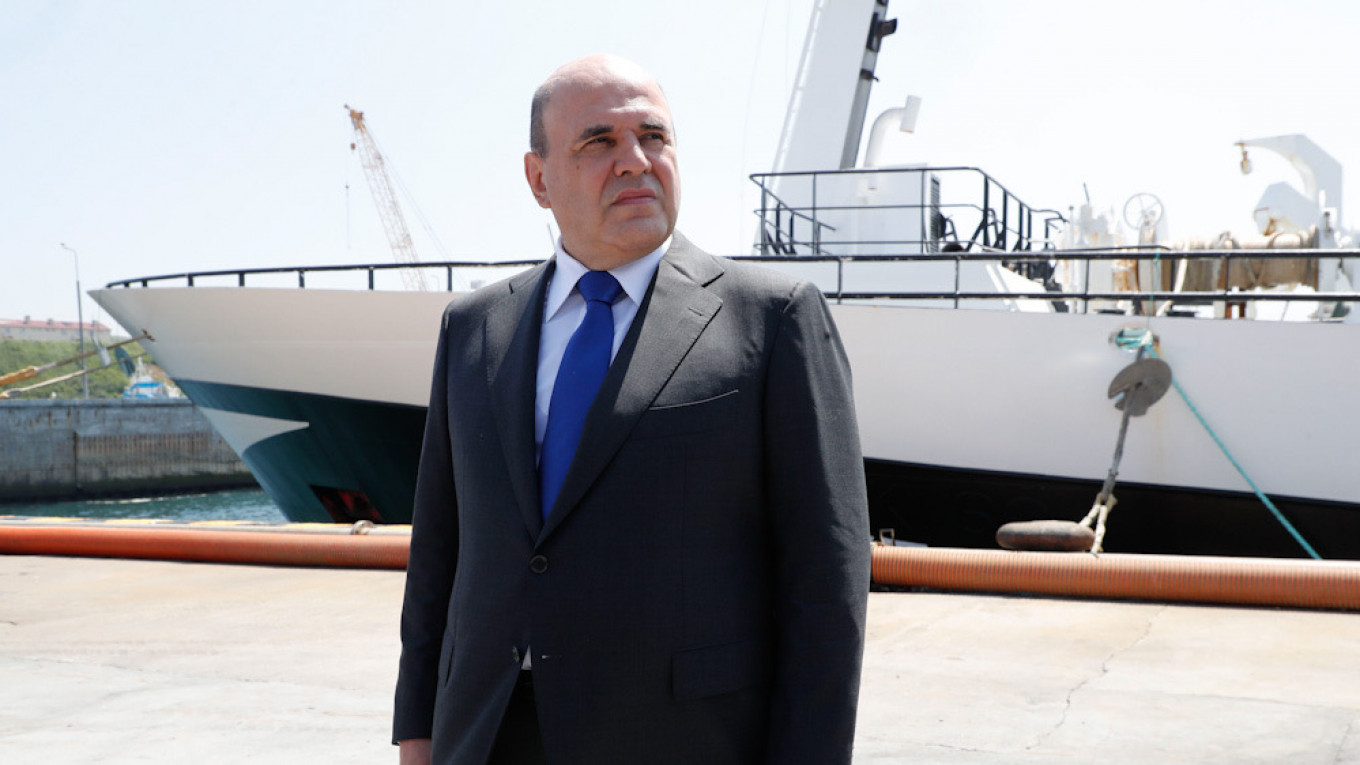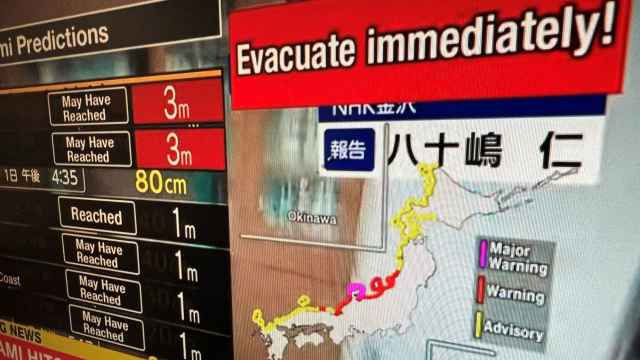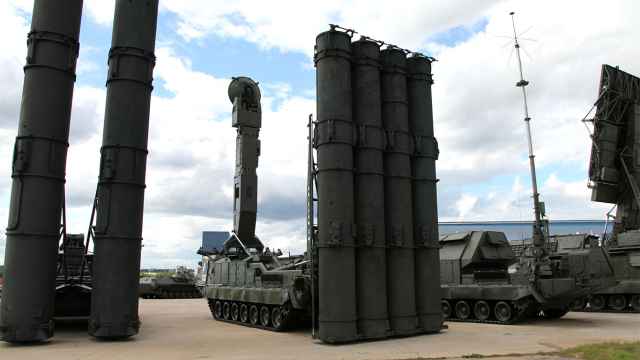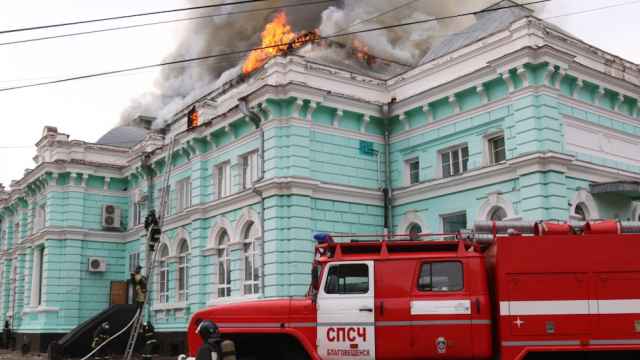Russian Prime Minister Mikhail Mishustin on Monday visited the disputed Kuril Islands and said authorities wanted to establish a free economic zone there, sparking a protest from Japan.
The Kurils, which lie north of Japan's Hokkaido island, have been controlled by Moscow since they were seized by Soviet troops in the dying days of World War II.
The territorial dispute has kept the two countries from signing a peace accord that would formally end their wartime hostilities.
During his visit to Iturup, the largest and northernmost island of the archipelago, Mishustin proposed exempting the islands from customs duty and reducing taxes for businesses.
"This set of measures is unprecedented," Mishustin said.
"We may also think about exempting from taxpayer obligations those who work and invest here," Mishustin added.
He added that the measures would be extended to the main activities on the island with some exemptions, such as the production of alcohol.
"This special regime will help intensify economic activity here. I will report these proposals to the Russian president and a relevant decision will be made," Mishustin said.
The Japanese foreign ministry issued a protest over Mishustin's visit to the Northern Territories, as they are known in Japan, and summoned the Russian ambassador.
In a post on Facebook, ambassador Mikhail Galuzin called the protest "unacceptable."
The head of Russia's government "visits Russian regions as he sees fit," Kremlin spokesman Dmitry Peskov told journalists.
"There is political will on Russia's part to develop good relations with Japan, we value our economic cooperation very much," Peskov added.
The Russian Foreign Ministry said for its part that it summoned Japan's ambassador and expressed its protest against the "unfriendly steps" taken by Tokyo.
In 2018, President Vladimir Putin suggested that Russia and Japan sign a peace treaty, ending World War II hostilities "without any preconditions."
But Putin's proposal was received cooly in Japan, where the government said the two countries should first resolve the dispute before signing a peace deal.
Russia has had military bases on the archipelago since World War II and has deployed missile systems on the islands.
A Message from The Moscow Times:
Dear readers,
We are facing unprecedented challenges. Russia's Prosecutor General's Office has designated The Moscow Times as an "undesirable" organization, criminalizing our work and putting our staff at risk of prosecution. This follows our earlier unjust labeling as a "foreign agent."
These actions are direct attempts to silence independent journalism in Russia. The authorities claim our work "discredits the decisions of the Russian leadership." We see things differently: we strive to provide accurate, unbiased reporting on Russia.
We, the journalists of The Moscow Times, refuse to be silenced. But to continue our work, we need your help.
Your support, no matter how small, makes a world of difference. If you can, please support us monthly starting from just $2. It's quick to set up, and every contribution makes a significant impact.
By supporting The Moscow Times, you're defending open, independent journalism in the face of repression. Thank you for standing with us.
Remind me later.






